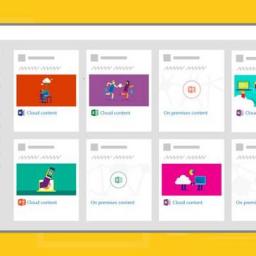Windows 7 & 8 machines to get monthly "rollups", no choice in patches
It looks like the end of the road for Win 7 & 8 users may be at hand. Microsoft's Senior Product Marketing Manager Nathan Mercer just announced that, "From October 2016 onwards, Windows will release a single Monthly Rollup that addresses both security issues and reliability issues in a single update. The Monthly Rollup will be published to Windows Update (WU), WSUS, SCCM, and the Microsoft Update Catalog. Each month's rollup will supersede the previous month's rollup, so there will always be only one update required for your Windows PCs to get current."
In other words, individual patches will no longer be available after October 2016, and Windows 7 and Windows 8 users will now only have two choices: stop updating completely and leave your computers vulnerable to security holes, or accept everything single thing Microsoft sends you whether you want it or not. Will this include forced installs of Win 10 on existing Win 7/8 PCs? Only time will tell.
In other words, individual patches will no longer be available after October 2016, and Windows 7 and Windows 8 users will now only have two choices: stop updating completely and leave your computers vulnerable to security holes, or accept everything single thing Microsoft sends you whether you want it or not. Will this include forced installs of Win 10 on existing Win 7/8 PCs? Only time will tell.

